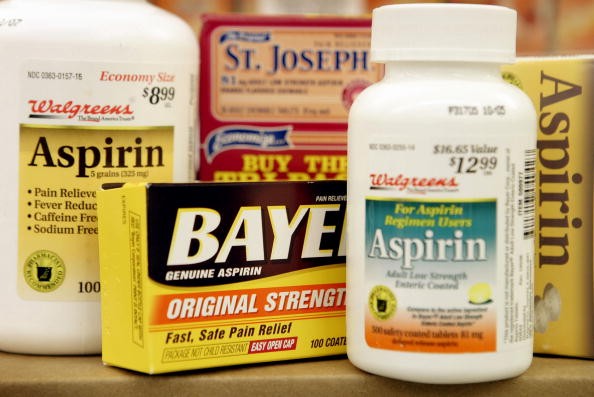
A study from Denmark has found that people who take one or two baby aspirins a day for at least 5 years have a lower risk of colorectal cancer. Previous studies had shown some evidence that aspirin and other non-steroidal anti-inflammatory drugs (NSAIDs) such as ibuprofen could help protect against colorectal cancer, but this study is the first to show what dose of aspirin is best and how long it needs to be taken to achieve those benefits.
Researchers used data on more than 113,000 people to see if there was a relationship between aspirin and nonsteroidal anti-inflammatory drugs (NSAIDs), the duration of taking these drugs, and rates of colorectal. Baby aspirin, also marketed as low-dose aspirin, has 81 mg per tablet compared to 325 mg per tablet for regular-strength aspirin.
In this study, taking low-dose aspirin continuously for at least 5 years appeared to reduce the risk of colorectal cancer by 27%. Using a nonaspirin NSAIDs for at least 5 years appeared to reduce the risk by 30%. But the aspirin or NSAID has to be taken every day, with no periods of time when it was not taken, the study found.
Taking a low-dose aspirin every day is also linked to a reduced risk of heart attacks in some people. But aspirin and NSAIDs are not without risks or side effects, and their risks must be weighed against the benefits. Long-term use can cause gastrointestinal bleeding, to give one example. Because of these risks, no one should start on a regimen of taking low-dose aspirin without checking with a doctor first.
The study has some drawbacks. The researchers only had data for people who obtained aspirin or NSAIDs from doctors' prescriptions. They didn't include patients who the drugs over-the-counter. There is also the possibility that other factors such as obesity, dietary habits, alcohol use, and family history of colorectal cancer could have increased participants' risk for colorectal cancer.

